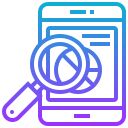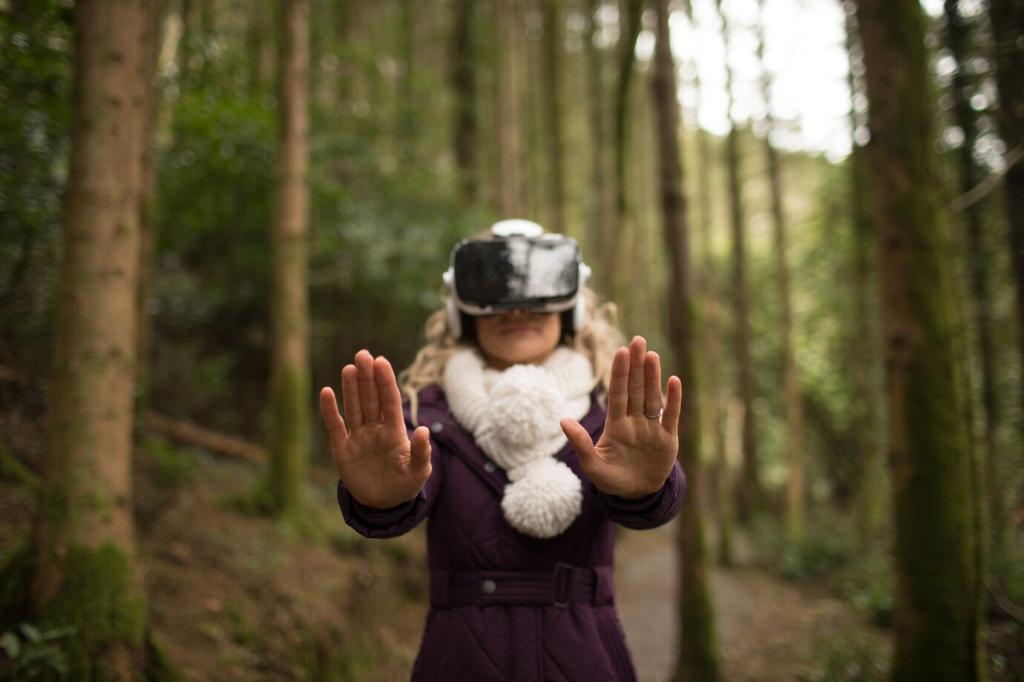Classroom Strategies that Click
Start with a broad question, then assign students to follow cross-references and note how definitions shift across contexts. This strategy builds research stamina, nurtures curiosity, and creates natural checkpoints for feedback and reflection throughout the unit.
Classroom Strategies that Click
Linked glossaries and pop-up definitions support domain-specific language. Students collect key terms, craft examples in their own words, and compare related concepts, transforming passive reading into active, metacognitive practice that boosts comprehension and retention.


